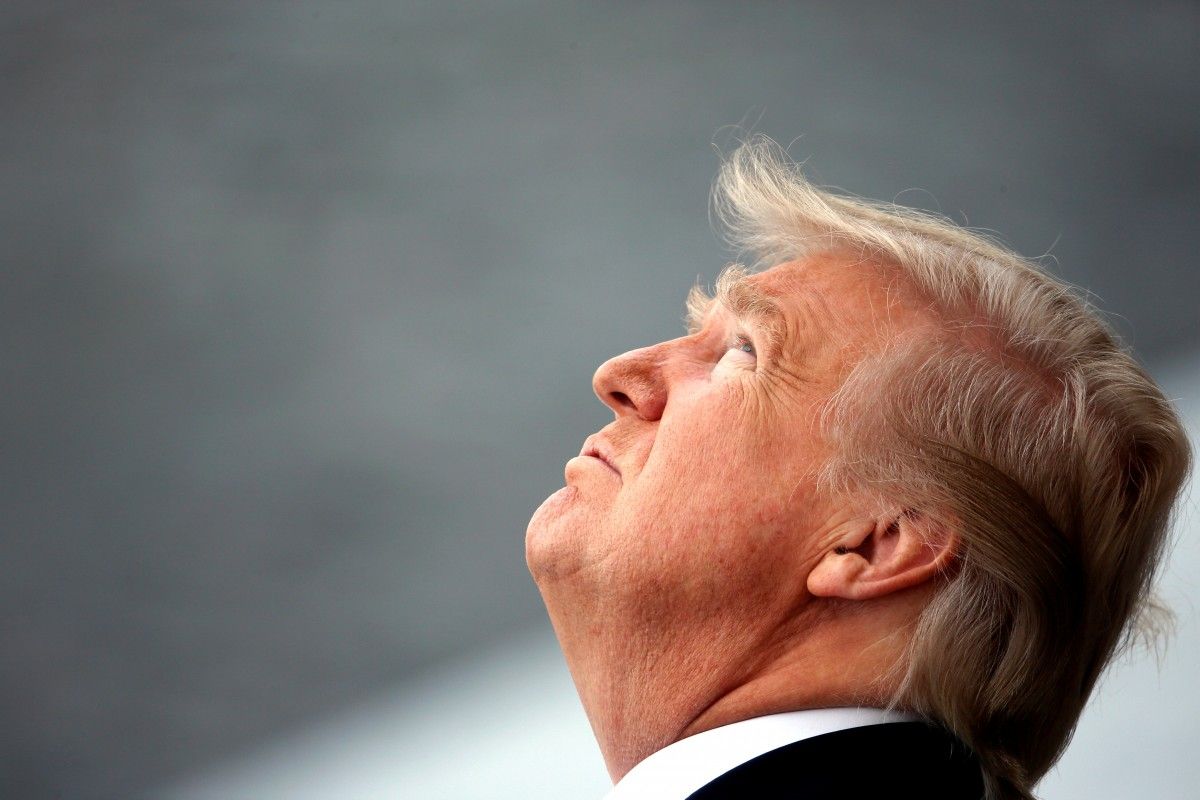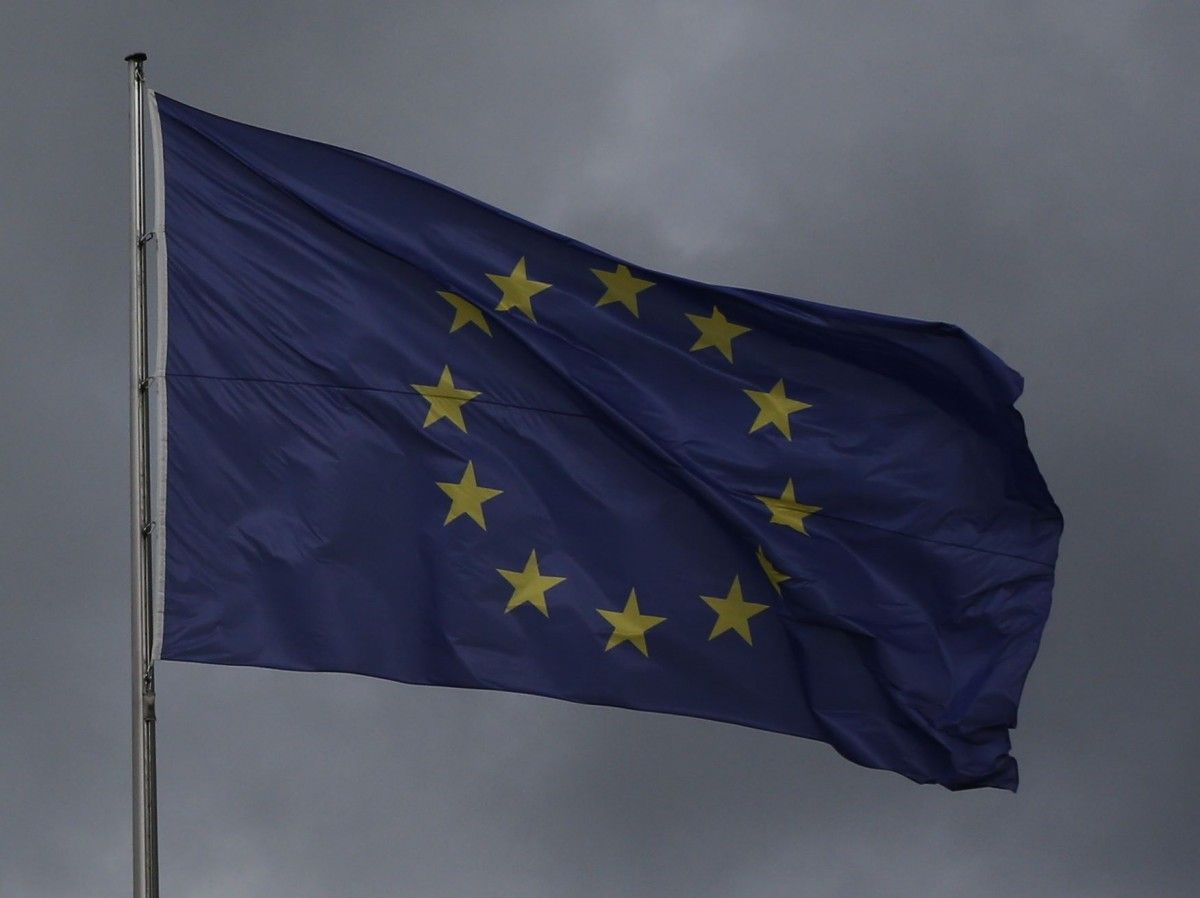
Ukrainian interest. White House split, EU whims, and Rogozin case
The signing by Donald Trump of the Russia Sanctions Act, which formalized the new "axis of evil," and the trip of Mike Pence to the U.S. allies have laid out Washington's foreign policy priorities. The European Union has pondered an asymmetric response to the U.S. move against Russia. Moldova announced the vice-premier of Russia persona non grata.
The U.S. president signed a law on the deepening of sanctions against Russia, Iran and North Korea, without bothering to contain his concerns about the legislation practically forced upon him by Congress. At the same time, Donald Trump seemed to have forgotten that the majority in both chambers of the legislative body are members of his party, at the same time recalling the time when during the last year's primaries thrashed the representatives of the party establishment. Trump and members of his team are also mired in "dangerous connections" with various Russian emissaries, which were the subject of a special Senate investigation.
Interestingly, during his European tour, Mike Pence (representing the aforementioned Republican establishment) stressed not only the unacceptability of Russian policies, but also the readiness of the United States to support its allies in the Old World. The U.S. vice-president visited Estonia (where, like in other Baltic countries, NATO military units were recently deployed) and Montenegro, which recently became a member of the Alliance. Of particular note is Pence’s visit to Georgia, whose leadership was repeatedly accused of pro-Russian orientation, on the eve of another anniversary of the Russian-Georgian war. The second person in the hierarchy of the American government in his addresses reminded of speeches by Ronald Reagan during his crusade against the empire of evil.

The European Union is trying to balance between preserving Russia as one of the main energy suppliers and adhering to its principled position toward the aggressive moves by the Kremlin. Probably, that is why it did not go farther than formidable comments on U.S. sanctions and is unlikely to do so until the end of the election campaign in Germany. Moreover, the EU has exponentially expanded the sanctions lists against Russia after the scam that the Kremlin has gone for with deliveries to the occupied Crimea of Siemens gas turbines.
I must say that formally neutral states are also changing their attitude toward Russia. For example, Moldova declared persona non grata Russia’s Dmitry Rogozin, who was eager come to Transnistria to celebrate the anniversary of the formal end of the conflict in the region. The infamous "hawk", meanwhile, deleted his most odious comments from his social media accounts, while Putin's spokesman Dmitry Peskov called the actions of the Moldovan authorities more dangerous than American sanctions. The head of the self-proclaimed Transnistria, Vadim Krasnoselsky, while in Moscow, accused Chisinau of escalating the conflict, confirming the puppet character of his “government.”
Yevgeny Magda

